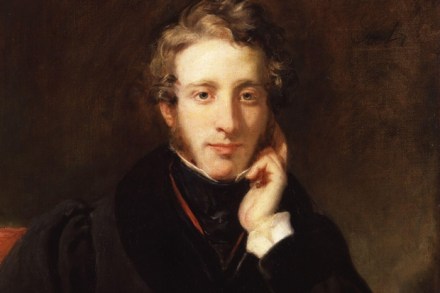A Broken Appointment
I opened the envelope: it contained a ticket in my name from London St Pancras to Paris Nord, departing at 9.17 on the 12th of the 12th, a Friday; coach 3 seat 27, non-smoking; and another for returning the following day, at 13 minutes past two, in the afternoon – dans l’après- midi; and a postcard of Pierre Bonnard’s Le bol de lait, and there was just one word on the back — ‘Come’, followed by an ‘x’. Whenever I pour a dish of milk, or dwell on the loop in the ‘C’ of her flowing unfamiliar hand, I can’t help thinking — ‘Oh what a poem — what a



















